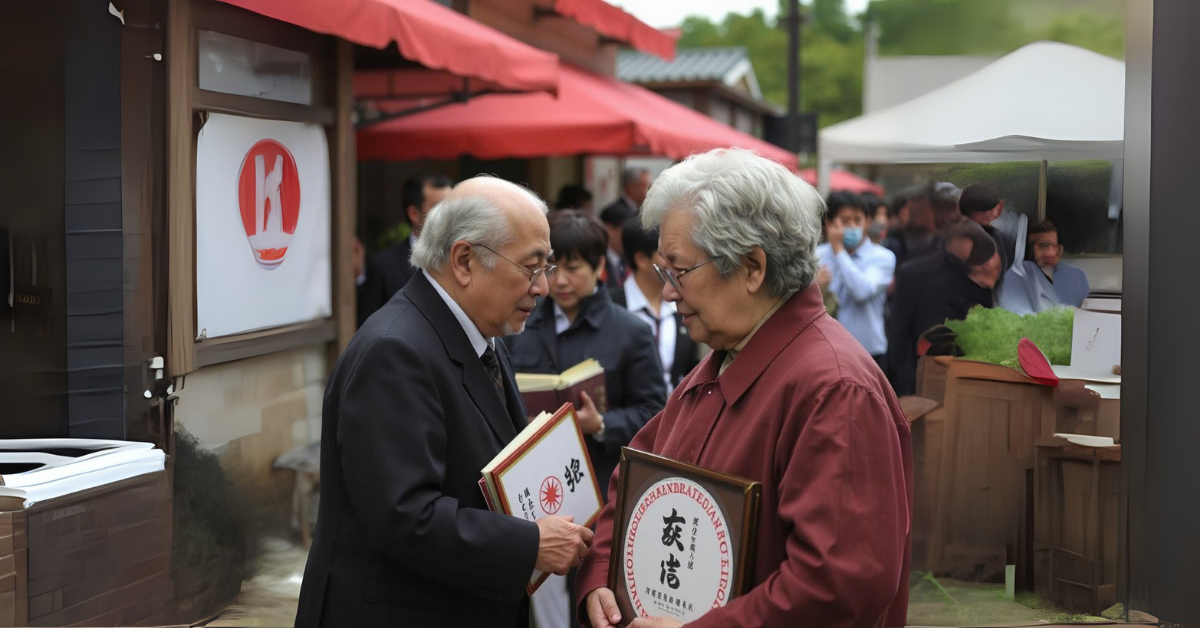Japan’s Demographic Crisis Hits Cultural Heritage: War-Bereaved Families Face 40% Membership Drop
Japan’s cherished war remembrance organizations are shrinking as an aging membership struggles to sustain decades-long traditions (Source: Fotor AI)
Japan – National Impact of Aging on Historical Organizations
Japan’s War-Bereaved Families Association (Nippon Izokukai) is experiencing a significant membership decline due to an aging population. Over 40% of its 47 prefectural chapters have suspended or scaled back activities, with total membership dropping from approximately 570,000 households in 2019 to around 350,000 in 2025.
Operational Challenges and Activity Reduction
Twenty chapters have canceled or reduced initiatives such as overseas memorial trips and the recovery of war remains. Even chapters maintaining activities, including Osaka and Hyogo, report lower participation at memorial services. These changes reflect broader demographic trends affecting volunteer-driven, heritage, and civic organizations across Japan.
Regional Outlook
Chapters in Hokkaido, Miyagi, Kyoto, Osaka, Ehime, Oita, and Okinawa are evaluating suspension or complete disbandment. This trend underscores growing difficulties in sustaining national remembrance efforts and passing historical knowledge to younger generations.
Societal and Economic Implications
Japan’s experience highlights the societal ripple effects of an aging population:
Cultural Preservation at Risk: As traditional volunteer bases shrink, historical memory and commemoration activities face continuity challenges.
Volunteer Workforce Shortage: Reduced participation in organized events limits social engagement and civic involvement among both older and younger generations.
Economic Opportunities: Declining membership opens market potential for tech-enabled platforms such as digital archiving, virtual memorial services, and heritage tourism targeted at aging populations.
Policy Considerations: Government and nonprofit agencies may need to design programs that incentivize younger volunteer engagement and support elder-driven initiatives.
Global Context and Emerging Trends
Japan’s case is emblematic of a broader Asia-Pacific trend where aging populations are reshaping the operational sustainability of cultural, heritage, and volunteer organizations. Organizations globally face similar challenges:
Digital Transformation: Many associations are adopting online engagement tools, virtual ceremonies, and e-learning platforms to maintain relevance.
Cross-Generational Collaboration: Innovative programs pairing younger volunteers with elder experts are emerging to ensure knowledge transfer.
Market Growth in Elder Services: Aging demographics are creating new markets in elder-focused technologies, educational services, and community engagement solutions.
Key Takeaways
Aging demographics directly affect organizational sustainability and event participation.
Heritage and volunteer associations must adapt to remain relevant, leveraging technology, digital platforms, and intergenerational programs.
Emerging opportunities exist for tech-enabled engagement, heritage tourism, and educational initiatives targeting aging populations.
Policymakers and nonprofit leaders can support these transitions through funding, partnerships, and strategic incentives.
🚀 Connect with Global Leaders in Aging & Care Innovation!
Sourcingcares links international partners in aging care, long-term care, and health technology, fostering collaboration and driving solutions for a changing world. Our initiatives include Cares Expo Taipei, where the future of elder care takes shape!
🔗 Follow us for insights & opportunities:
📌 Facebook: sourcingcares
📌 LinkedIn: sourcingcares
📍 Explore more at Cares Expo Taipei!
Source:

